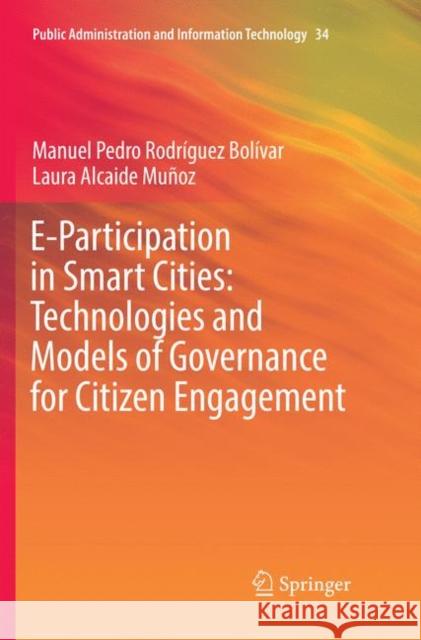E-Participation in Smart Cities: Technologies and Models of Governance for Citizen Engagement » książka
topmenu
E-Participation in Smart Cities: Technologies and Models of Governance for Citizen Engagement
ISBN-13: 9783030077808 / Angielski / Miękka / 2019 / 216 str.
Kategorie BISAC:
Wydawca:
Springer
Seria wydawnicza:
Język:
Angielski
ISBN-13:
9783030077808
Rok wydania:
2019
Wydanie:
Softcover Repri
Numer serii:
000450928
Ilość stron:
216
Waga:
0.33 kg
Wymiary:
23.39 x 15.6 x 1.24
Oprawa:
Miękka
Wolumenów:
01
Dodatkowe informacje:
Wydanie ilustrowane











